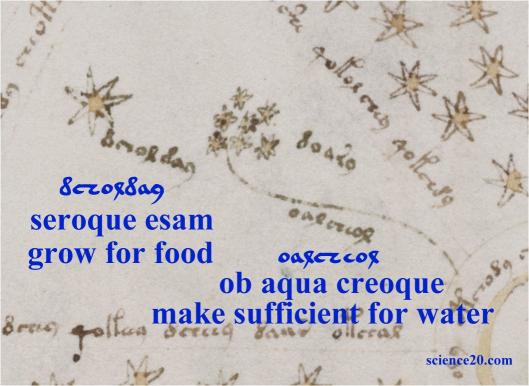Random Noise #15 : Noises In Noyes's Poetry.
What is a noise, that it annoys us so?
Noise is, in a given situation, any sound or sounds which one or more listeners consider to be any of: irrelevant, unwanted, intrusive, distracting, irrelevant or annoying. By analogy, dots, blots, graininess and such may be considered to be visual noise.
Noise is a barrier to communication: whether it be the babble of the market-place or the hiss in an old recording, most of us would rather filter it out.
Little Pigeon-Boxes
It seems to be a universal characteristic of humans that we like to label each other, often in simplistic binary fashion. Friend or foe, left-wing or right-wing, smart or dumb, sane or psycho, we never seem to run out of pigeonholes into which we can stuff people like socks in a drawer.
Like socks in a drawer? What is the connection between socks in a drawer and pigeon-holes?
When Things Smell A Funny ColorI have often heard people in Britain say in jest something like:
"I don't like that, it smells a funny color."From time to time our senses play tricks with our brains, and we 'hear' or 'smell' colors.
Such switching of sensory modalities and perception is called
synaesthesia.
Synaesthesia is a neurological condition that often involves a ‘blending of the senses’. It is thought to affect less than 1% of the population, and people experience it in a variety of ways.
Random Noise #14 : Colorless Green Syntax
Formal grammar is heavily based in syntax. It is possible to generate sentences by using word lists and rules in a computer program, but the output rarely makes much sense and can be exceedingly funny.
By ignoring syntax whilst chaining words together based on the frequency with which words follow one another, one can build an interesting 'sentence'. The most famous such chain is Noam Chomsky's 'colorless green ideas sleep furiously'. It obeys the rules of syntax but it makes no sense.
The Buzzword Blog #4 : IrrationalWhat does 'irrational' mean?
The term 'irrational' is too often just another
buzzword. It is used very loosely, even by scientists, to imply that somebody has formed an opinion without thinking about it 'properly'.
 Understanding The Voynich Manuscript #4
Understanding The Voynich Manuscript #4 Understanding the Voynich Manuscript #3
Understanding the Voynich Manuscript #3 Understanding the Voynich Manuscript #2
Understanding the Voynich Manuscript #2 Understanding The Voynich Manuscript #1
Understanding The Voynich Manuscript #1






